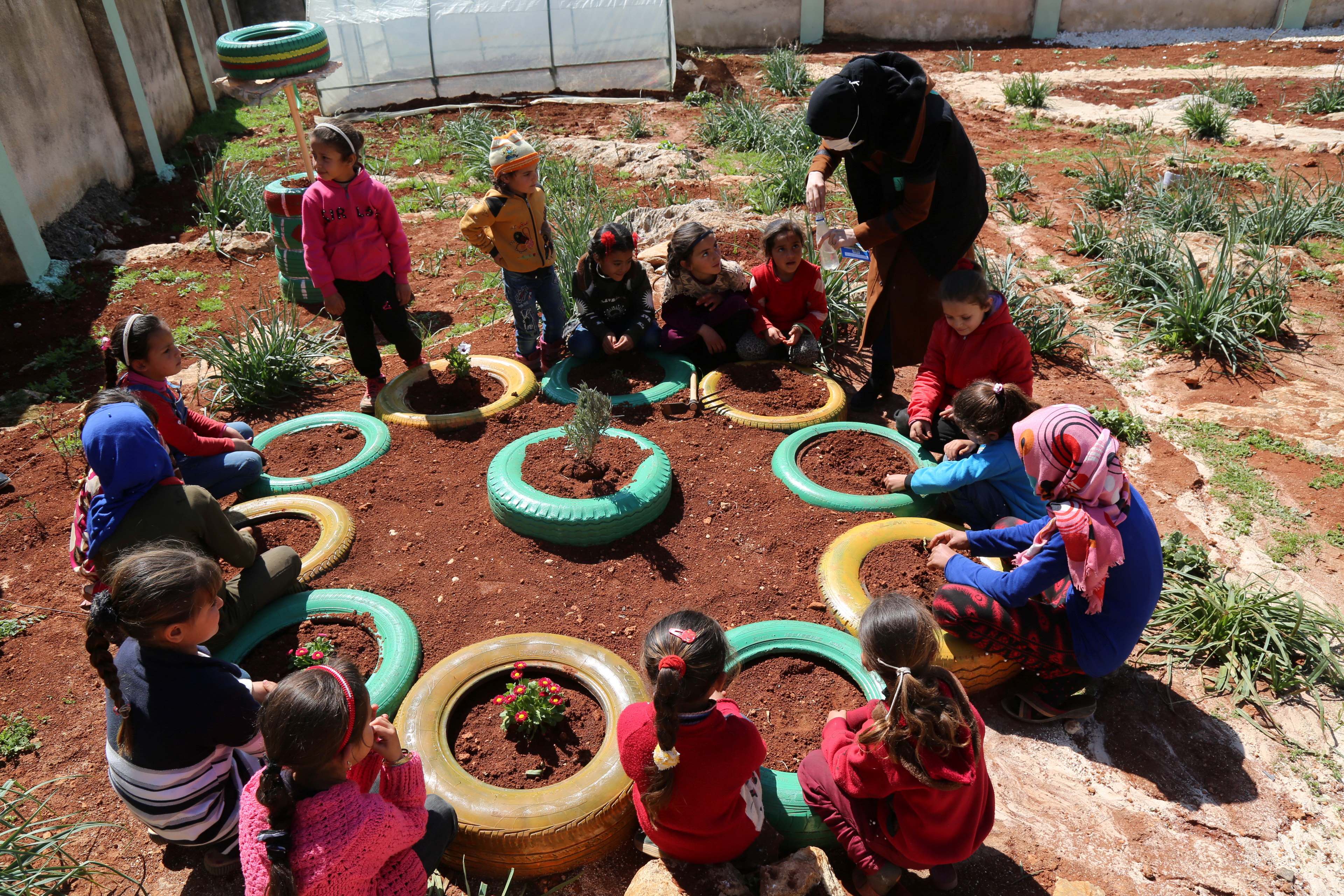In Lebanon, the main barriers to women’s participation in economic life are personal status laws, limited access to credit, and barriers to accessing entrepreneurship and the business environment. Female labor force participation has declined significantly, with a current rate of only 32% compared to 72% for men in 2022. The multiple crises that have hit the country in recent years have exacerbated women’s ability to generate income and improve their livelihood, as demonstrated by the higher number of job losses among women compared to men.
The country has, however, a vibrant civil society that is extremely active in promoting gender equality; leaders promoting change have demonstrated the importance of investing in dialogues in which the needs identified can be taken into consideration according to a holistic approach.
AICS Beirut through the DROIT II program, implemented with the Italian OSC ARCS and local NGOs – Mouvement Social and AJEM, has carried out numerous activities for the improvement of the living and detention conditions of women prisoners. AICS also carried out a 16-day activism campaign against violence against women with the telling of some stories of violence that often led women victims to prison.
In Syria, the activities financed by the Italian Cooperation have an intersectoral focus, carrying out activities to protect the categories in greater vulnerability to initiatives and which promote the resilience of the population, trying to make it less dependent on humanitarian aid. Attention to girls and women in the framework of the AICS initiatives has been achieved, in particular, through improving their access to basic services in the education and health sectors, as well as promoting work opportunities in order to encourage improvement of their economic-social conditions. In the context of the protracted crisis that characterizes Syria, the main partners of the Italian Cooperation are the Italian CSOs present in the territory, the specialized agencies of the United Nations and other international bodies, such as CIHEAM.
In the Governorate of Raqqa, in north-eastern Syria, the Italian Cooperation has been intervening since 2019 with a program implemented by UNFPA and UNDP aimed at improving the prevention and response to gender violence and the provision of livelihood opportunities in order to support the resilience of target families .
Also in the Raqqa Governorate, the Italian Cooperation, in collaboration with CIHEAM, has implemented activities to support agricultural and animal production, also aimed at increasing food security. This initiative includes a specific focus on the active involvement of women in all phases of the project, from skills strengthening activities to the distribution of material and tools to support their production and therefore make them independent from aid and active on local markets.
Furthermore, women’s empowerment was also an implementation theme of the Italian CSOs operating in Syria. By way of example, the activities implemented by OSC Armadilla in the Governorate of Damascus to encourage the self-sufficiency of women beneficiaries and the gradual exit from an emergency situation characterized by the distribution of monthly food parcels are reported. Or again, the professional training activities for young women and people with disabilities that will be implemented by We World-GVC in Aleppo and Deir-Ez-Zor and which will be followed by the distribution of start-up kits. Finally, many CSOs operating in Syria (including AVSI, ICU, COOPI) maintain in their projects specific percentages of participation of girls and women in activities aimed at increasing technical skills and production support.
